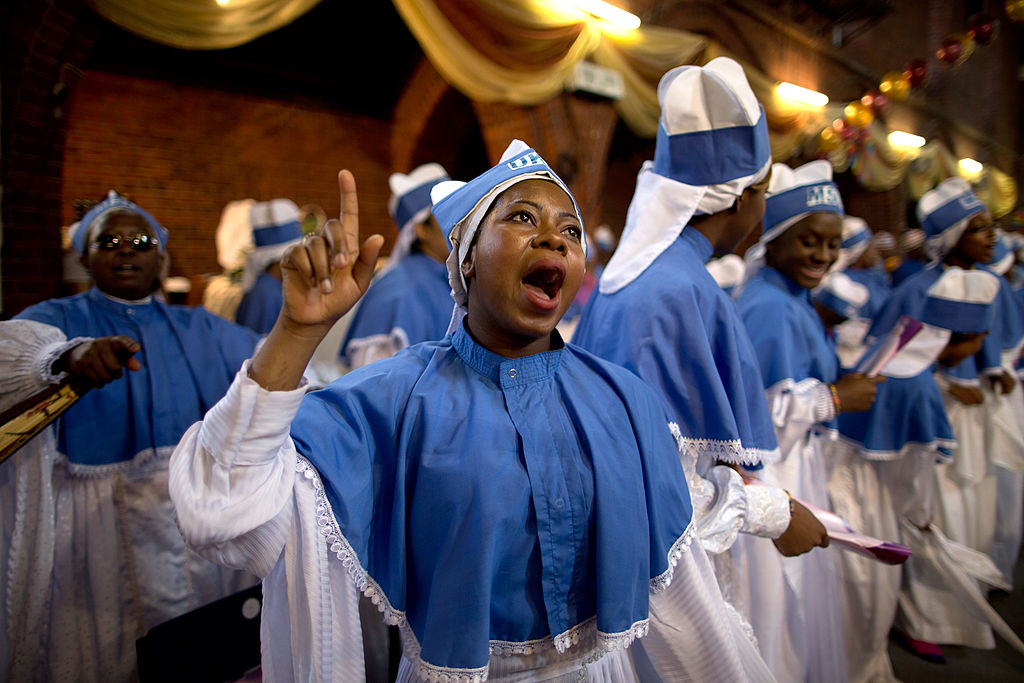A new report by Policy Exchange has found that Britons of Black African origin are one of the most patriotic and socially integrated ethnic-minority groups in the modern UK.
The Black African population in Britain has grown considerably in recent years. Between the 2011 and 2021 censuses for England and Wales, the number of people of Black African origin has risen from 990,000 to 1.5 million, jumping from 1.8% to 2.5% of the overall population. This means that the British Caribbean population is very much “a minority within a minority”. While the postwar arrival of Windrush migrants and cultural festivals such as Notting Hill Carnival have been adopted as significant touchpoints of the so-called “black community” in Britain, it is worth noting that only a quarter of black Britons are of Caribbean heritage, with a clear majority originating from African countries.
While Black Africans in the UK are incredibly diverse in terms of country of origin, religious affiliation, and migratory background, a common experience of African migrants is fleeing civil unrest — whether the 1967-70 Nigerian Civil War (commonly known as the Biafran War) or the ongoing Somali Civil War between government forces and Islamist militants. Escaping violence and persecution in their country of origin can feed into naturally positive orientations towards Britain and its democracy — which compares favourably in terms of educational opportunities, economic freedoms, and institutional integrity.
This is a hugely different experience to most Black Caribbean Britons, most of whom are born and raised in the UK. They can trace their origins to islands such as Jamaica and Barbados, traditionally stable parliamentary democracies which are founding members of CARICOM — an intergovernmental organisation which has its own Reparations Commission. While the perception of Britain among first-generation Black African migrants may be shaped by their previous exposure to conflict and unrest, this is simply not the case with second- or third-generation Black Caribbeans. They tend to have much higher expectations of UK democracy due to their primarily British “frame of reference”, subsequently making them more vulnerable to feelings of disappointment in the system.
The crucial finding of the new report — that social integration in the UK encourages a national sense of belonging — makes British Black Africans a fascinating case study. Due to patterns of settlement, members of this group are relatively young, with a median age of 30 according to the last census. To put this in perspective, the figure for England and Wales overall was 40, rising further to 44 for their Caribbean counterparts.
As well as being an energetic presence in the labour market, especially in public-facing roles in the NHS and social care, many Black Africans have integrated into the traditional civic life of their local communities through their Christian faith. In the words of Tomiwa Owolade: “If you want a solid sense of the sacred, a connection to Britain’s ancient Christian past, you are more likely to find it while eating jollof rice in a big tent in Kennington than eating a Yorkshire pudding in a small room in Harrogate.” The Christian revival and changing face of Protestantism in modern Britain has African migrants hailing from cities such as Lagos and Accra at the heart of it, a phenomenon which extends beyond London into places such as Thurrock, Milton Keynes, and Swindon.
The Policy Exchange report, of which I am a co-author, reveals that when compared to the more recently-arrived Black Africans, the much longer-settled Pakistani and Bangladeshi ethnic groups are more likely to attend places of worship where most share their ethnicity.
It is entirely plausible that the greatest factor in the social integration of Black African migrants into a British national sense of belonging has been through their religious observance and civic participation at Anglican churches with relatively inclusive congregations. It is a modern integration success story with Britain’s Christian heritage at its core.
Dr Rakib Ehsan is a senior adviser at Policy Exchange.











Join the discussion
Join like minded readers that support our journalism by becoming a paid subscriber
To join the discussion in the comments, become a paid subscriber.
Join like minded readers that support our journalism, read unlimited articles and enjoy other subscriber-only benefits.
Subscribe